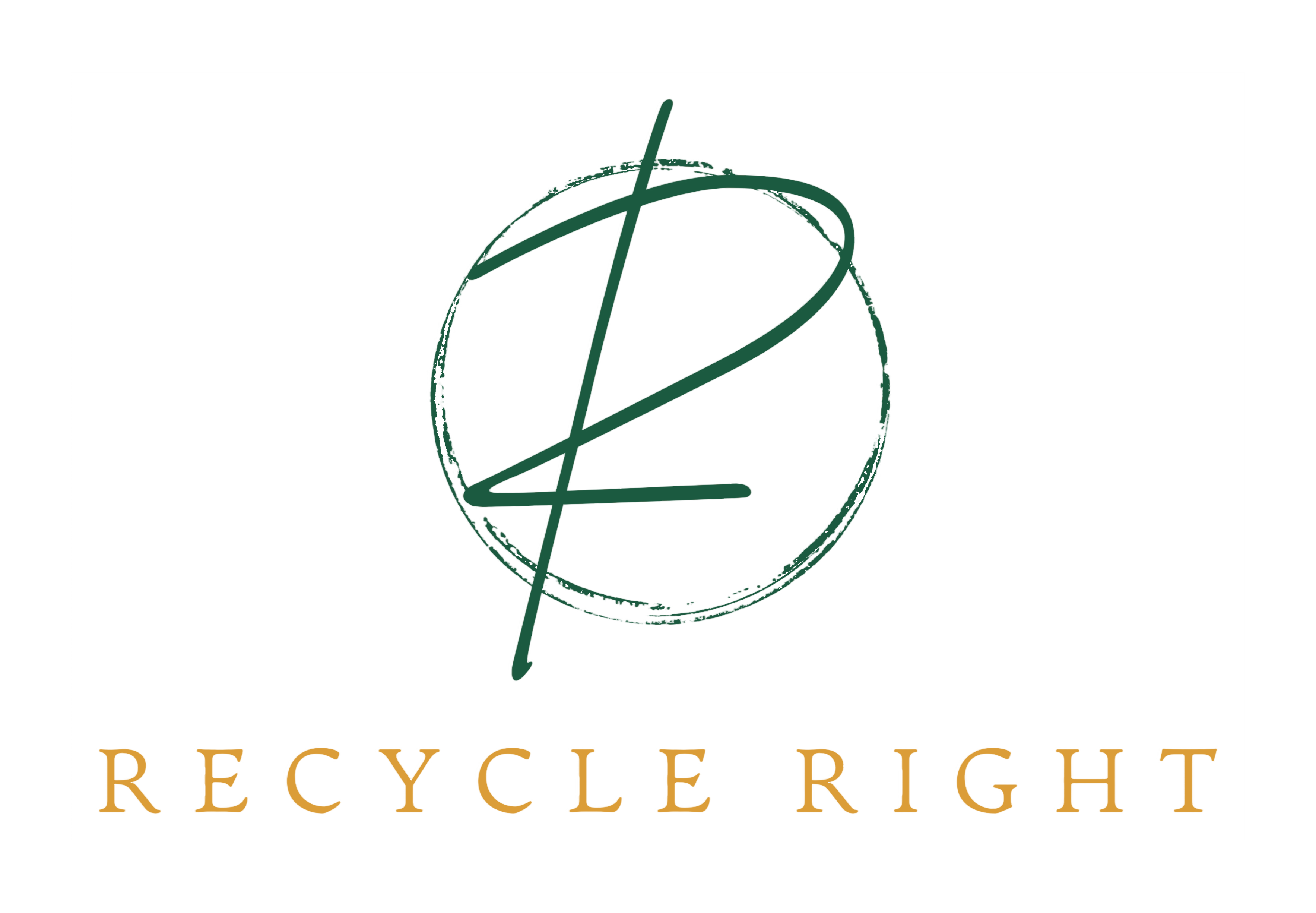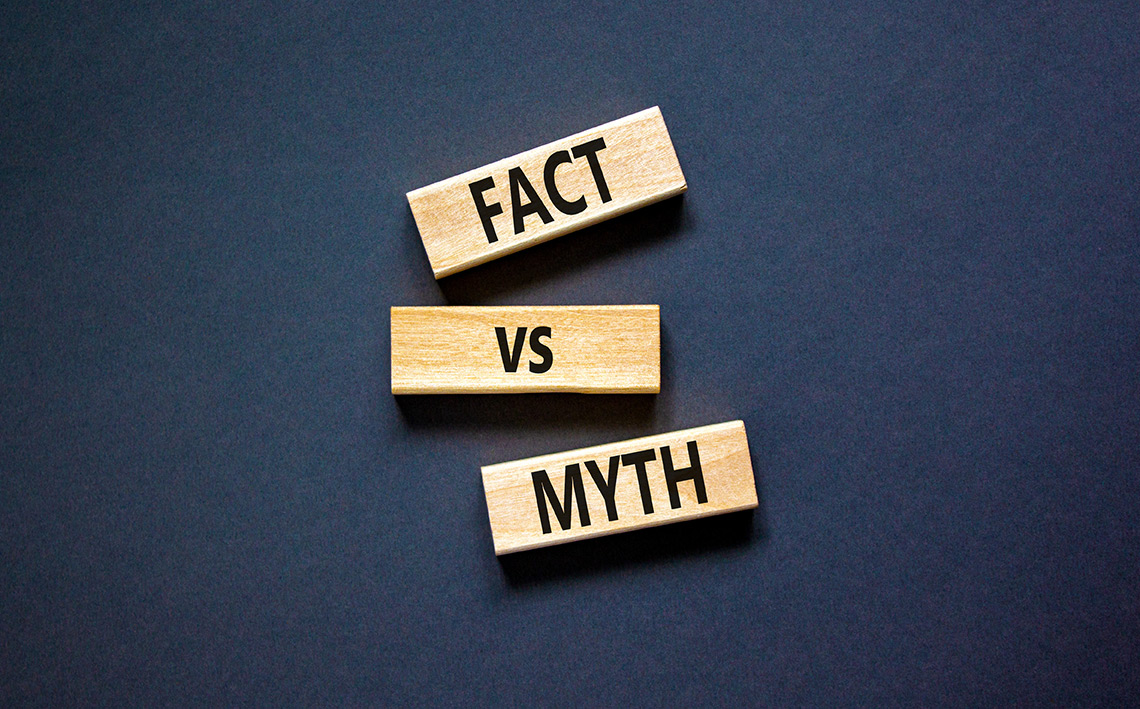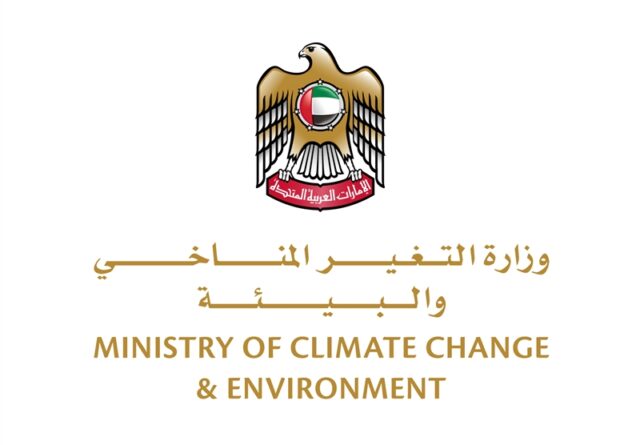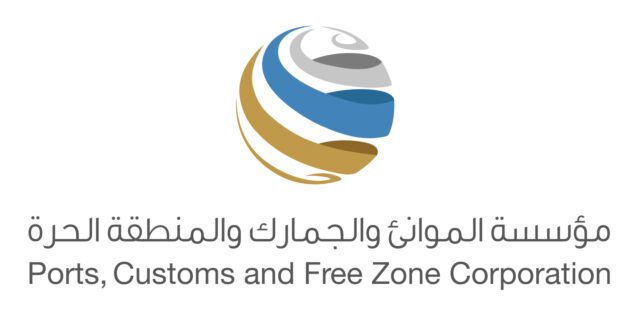With the increasing global awareness of environmental issues, grasping the concept of recycling becomes increasingly crucial. In recent times, recycling has garnered significant attention on a global scale, with both individuals and businesses showing a growing interest in sustainability. However, within this trend, misconceptions have surfaced. In this article, we aim to debunk some of these common misconceptions about recycling and provide accurate information to clarify the facts.
RECYCLING MYTHS
Myth 1: Recycling is not worth the effort.
Fact: Recycling conserves natural resources, reduces energy consumption, and minimizes landfill waste. It’s a simple yet effective way to contribute to environmental sustainability.
Myth 2: All recyclables end up in the same place anyway.
Fact: Properly sorted recyclables are sent to recycling facilities, where they are processed and turned into new products. However, contamination can occur if non-recyclable items are mixed in with recyclables, so it’s essential to follow recycling guidelines.
Myth 3: Recycling is not economically viable.
Fact: Recycling can be financially beneficial for businesses and municipalities. It reduces waste disposal costs, creates jobs in the recycling industry, and generates revenue from the sale of recycled materials.
Myth 4: It’s better to throw recyclables in the trash than risk contaminating the recycling stream.
Fact: Contamination is a concern, but throwing recyclables in the trash contributes to landfill waste and misses an opportunity to recycle valuable materials. It’s crucial to follow recycling guidelines and properly sort recyclables to minimize contamination.
Myth 5: Recycling is only beneficial for certain materials like paper and plastic.
Fact: While paper and plastics are commonly recycled, many other materials can also be recycled, including glass, metals, electronics, and even organic waste. Recycling these materials conserves resources, reduces energy consumption, and minimizes landfill waste.
Myth 6: Recycling uses more energy than producing new materials.
Fact: While recycling does require energy for collection, transportation, and processing, it generally uses less energy than extracting and refining raw materials. For example, recycling aluminum requires significantly less energy than producing new aluminium.
Myth 7: Recycling doesn’t make a difference in the grand scheme of things.
Fact: Recycling has a significant impact on resource conservation, energy savings, and waste reduction. Every ton of recycled material diverted from landfills helps conserve natural resources and reduce greenhouse gas emissions.
Conclusion:
Don’t let misconceptions about recycling deter you from doing your part to protect the environment. Recycling is a simple yet impactful way to conserve resources, reduce waste, and minimize our carbon footprint. By debunking common myths and understanding the facts about recycling, we can all take meaningful steps towards a more sustainable future.
At Recycle Right, we’re here to support businesses in UAE with their recycling needs. From customized waste management solutions to eco-friendly initiatives, we provide comprehensive support to help businesses minimize their environmental impact. Let’s work together towards a greener and more sustainable UAE!
Resources:
- ACOR Recycling. “Recycling Myths: Sorting Fact from Fiction.”
- University of Colorado Boulder. “Debunking Recycling Myths.”
- Bywaters. “Recycling Myths Debunked.”
- Active Sustainability. “Debunking Myths About Recycling.”
- Method Recycling. “Recycling 101: Recycling Myths Debunked.”
